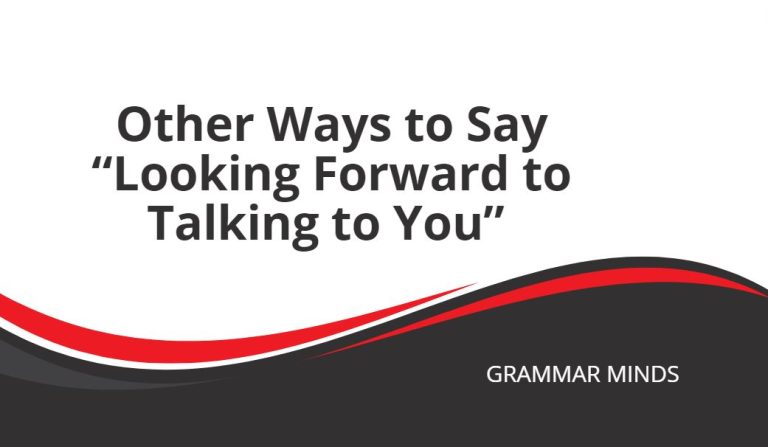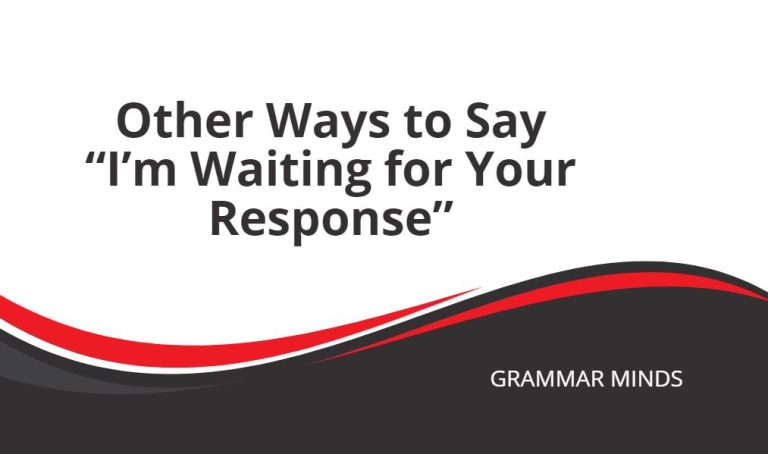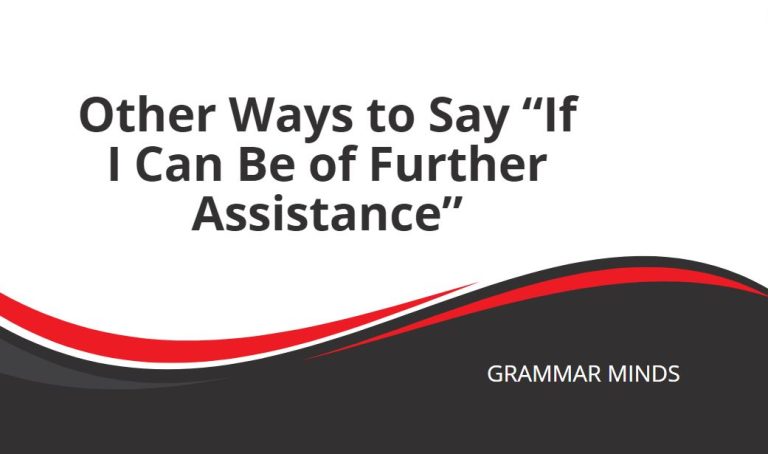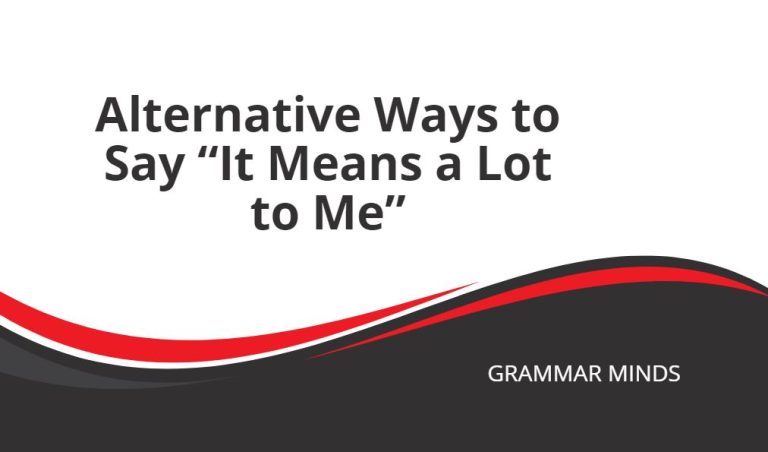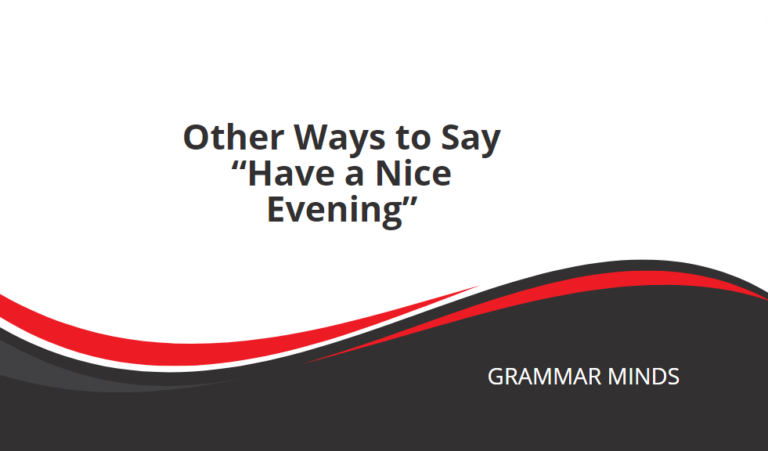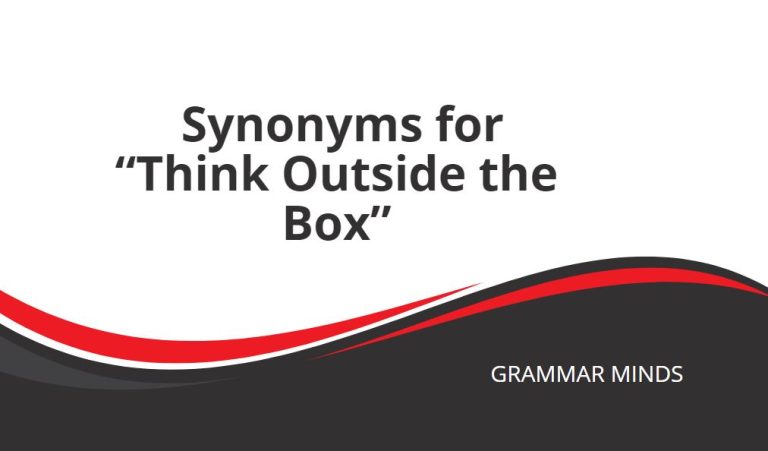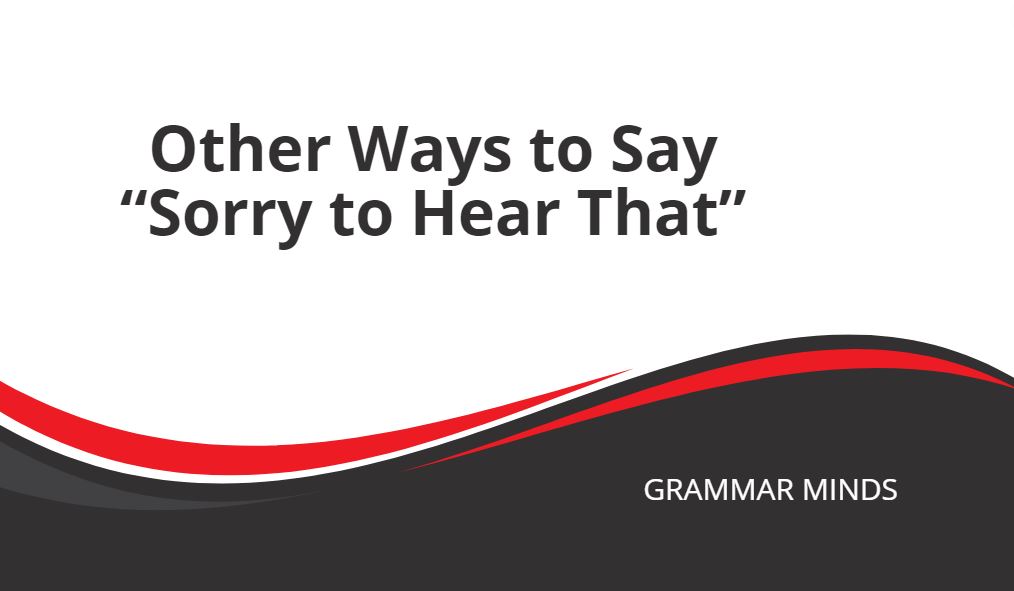
When someone shares unfortunate news with you, it’s common to say “sorry to hear that.” However, there are many ways to express your sympathy and support.
In this article, we’ll explore different phrases to use in both formal and informal circumstances to convey your condolences.
Other Ways to Say “Sorry to Hear That”
- That’s really tough to hear
- I’m here for you
- That sounds difficult
- I can’t imagine how you feel
- You have my deepest sympathy
- I’m thinking of you
- That’s so unfortunate
- My heart goes out to you
- Please accept my condolences
- I’m so sorry you’re going through this
- If you need anything, let me know
KEY POINTS
- “Sorry to hear that” is a perfectly acceptable phrase and appropriate for both formal and informal settings.
- “You have my deepest sympathy” is a more formal way to express condolences.
- In informal settings, you can say “I’m here for you.”
Don’t go anywhere! In the next section, we’ll discuss our favorite formal and informal synonyms for “sorry to hear that” in more detail. We’ll even provide some useful examples!
After that, we’ll discuss the correctness of the original phrase.
You Have My Deepest Sympathy (Formal)
If you’re wondering how to say “sorry to hear that” professionally, a great option to go with is “you have my deepest sympathy.”
This is a rather formal phrase, but it has a lot of benefits.
Firstly, the inclusion of “deepest sympathy” is polite and sincere. Therefore, you can use this phrase when offering condolences to anyone in a work setting, including your boss, a colleague, or a client.
Secondly, this phrase provides a heartfelt expression of your feelings. It’s good to show empathy, especially in difficult times.
Therefore, let’s see this phrase in an email example:
Dear Alex,
You have my deepest sympathy for your loss.
If there is anything I can do to support you during this time, please let me know.
Regards,
Kim
I’m Here for You (Informal)
“I’m here for you” is a good informal synonym for “sorry to hear that.”
You can use it in a text message to a friend or family member. You can also use it with a colleague with whom you have a friendly dynamic.
In more casual circumstances, you don’t need to explain much. Sometimes, just knowing that someone is there for support can be very comforting.
Either way, it’s important to show that you care. And it never hurts to ask if there’s anything you can do to help.
Thus, let’s see this phrase in an example:
Hi Jess,
I’m here for you if you need anything.
Take care.
Is It Correct to Say “Sorry to Hear That”?
The phrase “sorry to hear that” is perfectly correct. In fact, you can use it in both formal and informal settings.
This phrase comes across as perfectly polite and empathetic, so you can’t go wrong using it at work or when you’re simply speaking to friends or family.
Nonetheless, it is a pretty generic phrase. So, if you’re trying to figure out what to say instead of “sorry to hear that” to keep your expressions of sympathy more diverse, our list of alternatives will certainly help!
We hope you found this article useful. If you think you might make use of our list of synonyms for “sorry to hear that” in the future, feel free to bookmark this page! That way, you can return whenever you please.

